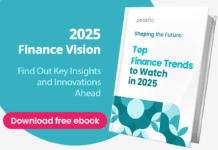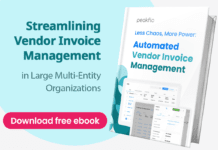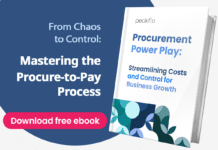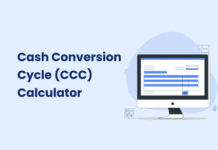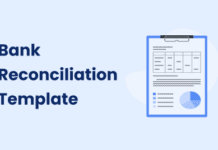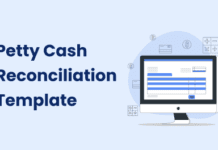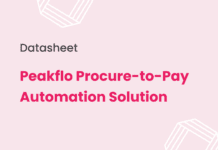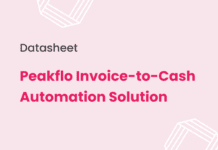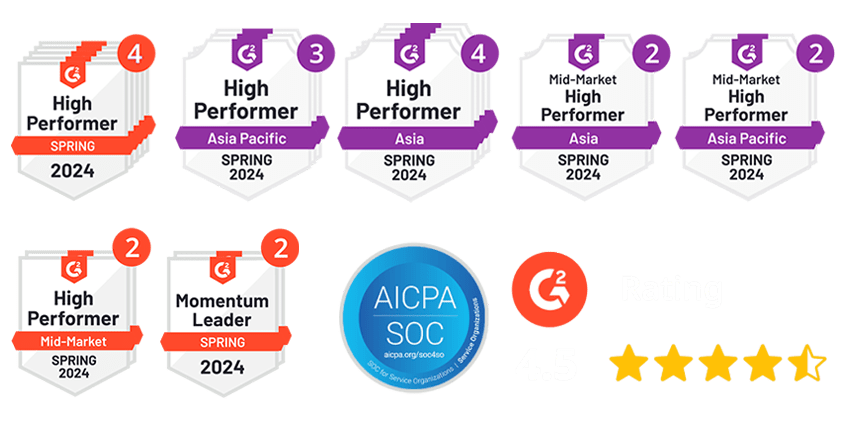For decades, finance departments have been burdened by labor-intensive tasks—manual reconciliations, follow-ups on late payments, tedious reporting, and repetitive approvals. While traditional automation tools offered some relief, they required rigid rules, heavy IT involvement, and frequent human oversight.
That’s changing fast.
Today, AI agents—autonomous software programs powered by machine learning and generative AI—are becoming the new frontline workers in finance. From handling customer collections to processing expenses, AI agents are unlocking speed, accuracy, and cost savings at a scale never seen before.
In this blog, we’ll explore the key statistics and emerging trends driving AI adoption in finance and what they mean for your team’s future.
The Accelerating Growth of AI Agents in Finance
The momentum behind AI agents is undeniable. What started as experimental chatbots has rapidly evolved into powerful digital workers capable of completing end-to-end finance tasks.
- The global AI agent market reached $5.4 billion in 2024 and is expected to grow at a staggering 45.8% CAGR, hitting $103 billion by 2032.
- By 2025, AI agents will automate 70% of routine business tasks, including procurement, invoicing, and employee queries.
- In finance specifically, 85% of large enterprises and 78% of SMBs have already adopted AI agents. Of those, 90% report that it gives them a competitive edge.
This surge isn’t driven by hype—it’s grounded in clear, measurable value. The finance function, long seen as process-heavy and change-resistant, is now emerging as a proving ground for applied AI.
AI Agents in Action: A New Era for Finance Teams
What makes AI agents different from legacy automation tools?
Unlike static bots or scripts, AI agents can:
- Understand natural language instructions
- Make real-time decisions based on logic or policy
- Escalate intelligently and learn from feedback
- Integrate across email, chat, ERP, and document systems
- Interact with both internal teams and external stakeholders
These capabilities translate into significant operational improvements:
- AI-powered AR automation results in 30–50% faster invoice resolution and up to 70% fewer manual follow-ups, according to McKinsey.
- IBM says AI agents can resolve up to 70% of finance-related queries autonomously, freeing up staff for analysis, strategy, and governance.
- Finance teams using AI automation see a 40% reduction in time spent on routine tasks like approvals, reconciliations, vendor onboarding, and reports, reports Accenture.
These aren’t just time savings—they’re strategic shifts in how finance operates.
Real ROI: AI That Pays for Itself
AI agents aren’t just efficient—they’re cost-effective, with most teams reporting quick and substantial ROI.
- According to PwC, finance teams implementing AI-based automation have reduced operational costs by up to 35%, especially in accounts payable and accounts receivable.
- AmplifAI reports that finance functions see the highest return on AI investments, with $4.20 earned for every $1 spent—higher than sales, marketing, or customer service.
- Everest Group found that companies deploying GenAI or agentic platforms for finance achieved full ROI in 6–9 months, driven by reduced headcount, error mitigation, and faster cycle times.
For CFOs facing pressure to “do more with less,” these results are game-changing.
Use Cases: Where AI Agents Are Delivering Impact Today
AI agents can be deployed across nearly every segment of finance. Here are the most common—and impactful—areas where they’re already driving results:
1. Accounts Receivable & Collections
- AI agents automatically send personalized payment reminders via email, SMS, or WhatsApp.
- They can adjust tone and frequency based on customer history and DSO trends.
- Peakflo’s AI agents helped clients like a construction machinery company achieve 3× better engagement rates and improved cash collection timelines significantly.
2. Expense and Reimbursement Processing
- Agents parse receipts and invoices, validate policy rules, flag duplicates, and approve in real time.
- In research published on arXiv, AI agents eliminated 94% of manual effort in expense workflows, with a 40% boost in processing speed and zero policy breaches in pilot tests.
3. Vendor Invoice Management and Reconciliation
- Agents extract line-item data, match it against POs and GRNs, and escalate discrepancies automatically.
- They maintain an audit trail, which simplifies monthly and quarterly closing.
- IBM reports that autonomous systems like these reduced manual intervention by 68% in early adopters.
4. Compliance, Audit, and Controls
- AI agents generate audit trails, apply approval matrices, and flag anomalies in real time.
- In transaction-heavy environments, this led to 90% fewer errors and stronger internal controls (arXiv).
The Road Ahead: Autonomous Finance Is Coming
We’re approaching a future where finance teams don’t just “use” automation—they orchestrate intelligent ecosystems of AI agents that run entire workflows.
- 68% of CFOs are already piloting AI agents for forecasting, planning, and real-time variance analysis (IBM).
- However, not every implementation succeeds. A recent BCG report found that only one-third of GenAI projects in finance deliver strong ROI, emphasizing the need for governance, integration, and measurable outcomes.
That’s why finance leaders must treat AI not just as a technology project but as an operational transformation.
Don’t Just Automate—Augment
AI agents are no longer “nice-to-have” tools. They’re fast becoming the foundation of lean, scalable, and future-ready finance functions.
From improving collection cycles and compliance to reducing costs and manual errors, AI agents are redefining what’s possible.
But the most important takeaway? These tools won’t replace your finance team—they’ll unlock their full potential.
Want to See AI Agents in Action? If you’re ready to streamline your finance operations, boost efficiency, and reduce costs, it’s time to explore Peakflo’s AI-powered finance automation. Schedule a demo today

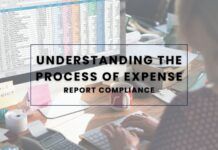







![Why AI Sales Calls Are Making Good Sales Reps Even Better [2025 Guide] ai sales calls](https://cdn-kmjmp.nitrocdn.com/YvtqmrsiHUxqerlSiZgbfzqqTARWTElr/assets/images/optimized/rev-834053b/blog.peakflo.co/wp-content/uploads/2025/09/65168cf6-3001-4733-8cbc-12d5684cf449-218x150.webp)





